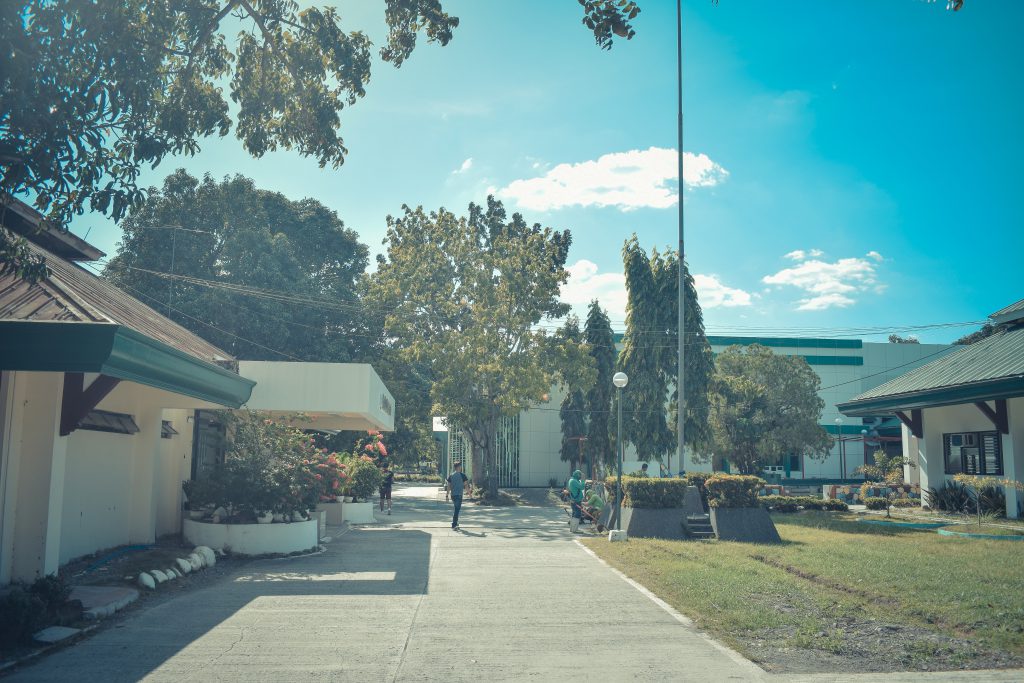



By: Honey Jay Navasca
Waste is everywhere and an inevitable byproduct of human activity. People worldwide produce waste, which exacerbates climate change, whether in large or small amounts. Proper waste management and zero-plastic programs are essential for positive transformation and strong synergy toward a greener and safer environment.
Moreover, throwing garbage over coastlines, overflowing streets, and junk in streams are all effects of improper waste disposal, and plastics are the primary cause of these problems. According to the World Bank Organization’s 2021 report, the Philippines creates an astounding 2.7 million tons of plastic garbage each year, 20% of which ends up in the ocean, much of it in the form of unrecyclable and single-use sachets.
Furthermore, manufacturers have pointed out that non-biodegradable but recyclable single-use plastics are still required for food safety and optimal storage. The issue is improper disposal of plastic products, glass, metals, paper, textiles, and pathological and industrial waste.
Additionally, some informal settlers and thousands of business establishments might be against implementing zero-plastic but refuse to accept responsibility for pollution and place the liability on customers. However, more than recycling is needed; therefore, companies must phase out problematic items and limit their use of plastics while providing their customers with alternate packaging and delivery options.
Indeed, small steps can make a huge difference. This aphorism has been proven by hundreds of schools that have already implemented zero-waste initiatives that fuel positive change in the school community, and with recycling and composting, everyone can achieve zero waste.
In a bid to promote this zero-plastic program in the community, the Davao del Norte State College participates and plans to implement a zero-plastic program probably this school year 2023-2024 after it was approved by the Board of Trustees last year. In addition, the school gradually informs the students, faculty, staff, and stakeholders about the new policy through orientation to promote a plastic-free culture in the DNSC community. Still, it may seem daunting and difficult to follow everyone, yet with little adjustments and collective effort, the students, faculty, staff, and stakeholders will be more responsible stewards of the environment in the future.
Thus, waste reduction efforts can be made in any school or community without composting and recycling facilities. A lot of trash goes to the school cafeteria, and it works broadly with nearby school locales to eliminate dispensable paper and polystyrene plates, cups, and plates. Implementing this policy takes a lot of consideration, phases, and processes since alternatives can be a huge undertaking.

